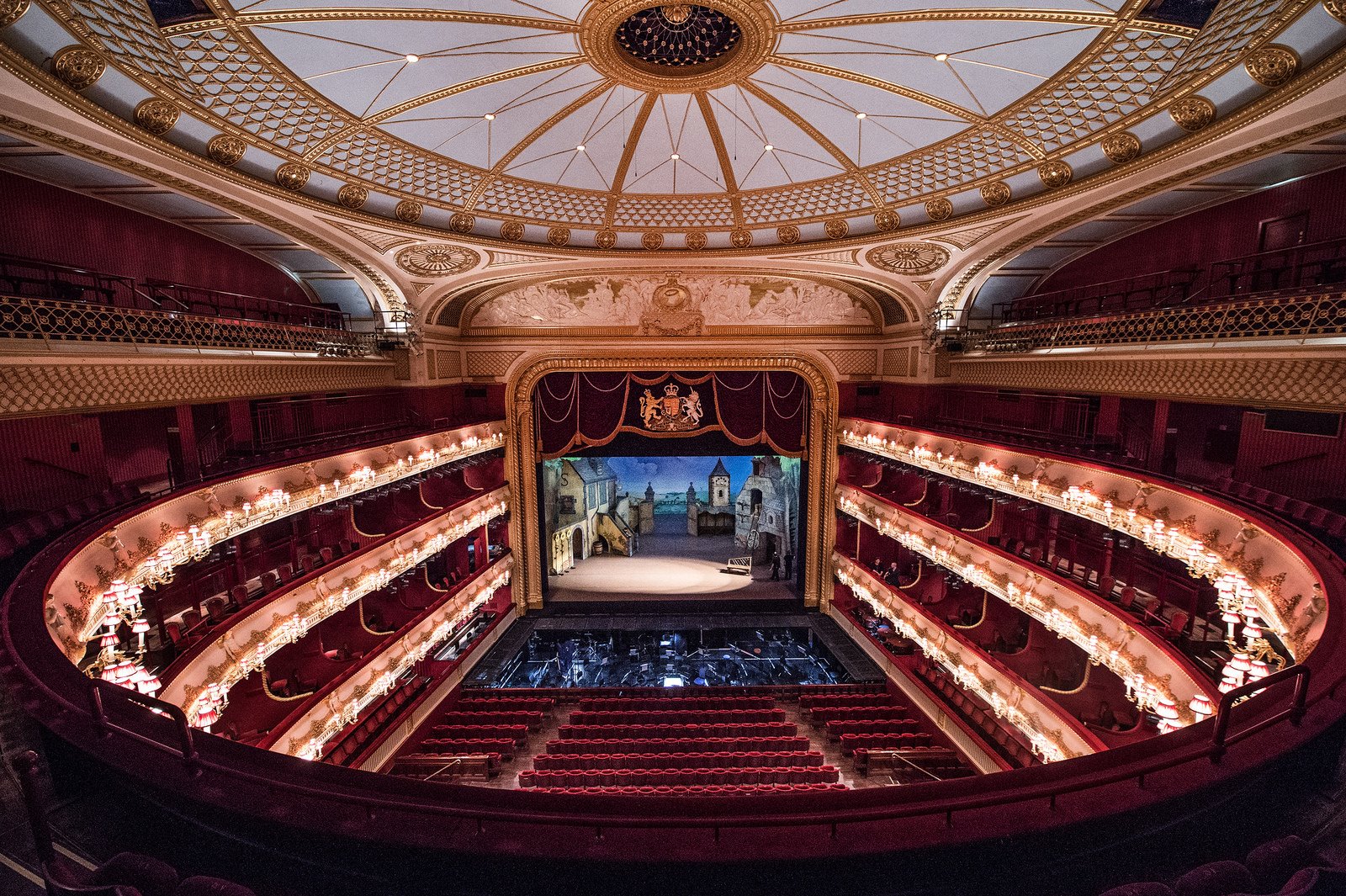‘Realistically, tickets with only be unaffordable if you refuse to see a ballet anywhere else but London’s Royal Opera House’. Fake news!! This well-intentioned sentiment is from ‘Dance like nobody’s watching? – Why students should see more ballet’, an article published in The Gryphon six months ago urging people to think of ballet without the perception of stuffiness. The piece prodded at the ideas of elitism and inaccessibility, and said many sensible and true things, but a bit more observation could be put up with, I think. The Royal Opera House has a wonderful student scheme, and if you have the time and inclination (two slippery things) there is such opportunity to benefit from it. Imagine! Performances of both opera and ballet for students only; tickets from £1 to £25; and perhaps more feasibly for students in Leeds, 2 for £10 tickets for the live cinema screenings.
I’ve found that a way to slow down is to watch an opera or ballet, immersing myself simultaneously in the ridiculous (the most, most bizarre plots you could imagine), and the wonderful art of sublimely talented people.
Nevertheless, you might wonder why they bother when similar-seeming programmes offer students a culture fix (and one really shouldn’t risk too many) without having to wrestle, perhaps, with a foreign language (fatal for English people in general) or worse, no words at all! The National Theatre, for example, has offers for students, as does the RSC. But as Rose Crees identified in anther Gryphon article, ‘‘BP or not BP?’ – That is the Question of Student Theatre Subsidies’, these schemes often are only able to run with sponsorship from Delta Airlines and shady BP respectively. The Royal Opera House scheme is sweetly pure-of-heart; ‘generously made possible’ by people that belong to themselves as opposed to corporations, you’ve no need to be preoccupied by moral misgivings.
As students, we are utterly over saturated with offers of things to occupy us, and a lot of it fits into a regular sort of programming that isn’t terribly unnerving or really truly thrilling. It is a strange type of routine, that mightn’t abide by strict timings (thank you School of English for a generous one contact hour a week next semester), but it nevertheless thuds along in a sort of manic fun whirl. This can be so nice, and seems vastly preferable to working away in a dire office where you can’t wear jeans, but it is possible to tire of it. I’ve found that a way to slow down is to watch an opera or ballet, immersing myself simultaneously in the ridiculous (the most, most bizarre plots you could imagine), and the wonderful art of sublimely talented people. And it is so easy to get sucked in! These godlike people have Instagram! They occasionally obnoxiously hashtag! And, most surprisingly and exhilaratingly, it is economical.
Accusations of snobbery and its many synonyms trail the arts relentlessly, and the people who work in the field love it so much that this is awful to them, but it’s tricky to feel motivated to try something new. Young’uns feel tired a lot, so investing energy in something unnecessary – and there’s no getting around it, watching opera or ballet demands a level of emotional engagement – might seem unappealing. But honestly, if you have a free two minutes, sign up to the programme at roh.org.uk/students, and don’t delete the emails! There are some really beautiful things you could see.
Charlotte Vyvyan
(Image courtesy of London Royal Opera House )

